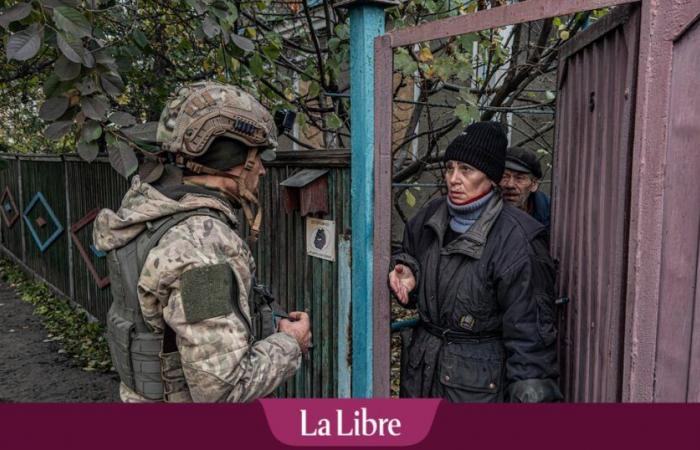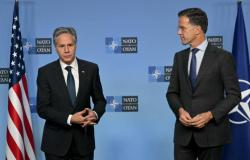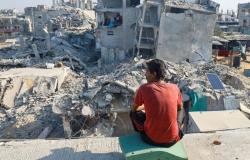
In recent weeks, Russian armed forces have continued to advance on the Ukrainian front, particularly in Donetsk Oblast. In detail, in the east of the region, Russian soldiers captured the city of Shakhtarsk on November 4 and have since continued their advance towards the north and west of the city. In the west, the Ukrainian general staff indicated on Monday that Russian troops carried out an attack near Makarivka, probably with the aim of advancing towards Velyka Novosilka, estimates the American Institute for the Study of War (ISW), in a report published this Monday.
Ukrainian and Russian sources also reported on Monday the damage to the Ternivka dam, which retains water from the Kurakhove reservoir (30 kilometers north of Vouhledar). This caused limited flooding in neighboring areas. No party agrees on who is responsible.
In Ukraine, uncertainty prevails following Trump’s victory: “The armistice will arrive but before that we will witness fierce fighting”
Limited gains for Russia
However, these developments remain relatively slow, with a progression of just over 10 kilometers in five weeks. “The current pace of the Russian advance in western Donetsk Oblast, if continued, would allow Ukrainian units sufficient time to withdraw from front line positions without risking encirclement“, analyzes the ISW. And even if Russian soldiers manage to reach the town of Kurakhove, this breakthrough”does not portend a collapse of the front line in Donetsk Oblast, as locations further west could provide sufficiently defensible positions for Ukrainian forces in the future.“
gullThe current pace of the Russian advance would allow Ukrainian units sufficient time to withdraw
“Russian assaults in western Donetsk Oblast and across the front line are likely to continue in the coming weeks and months“, predicts the ISW, which nevertheless believes that it “uncertain whether Russian forces will be able to make further advances in western Donetsk Oblast“, given the deterioration of their equipment and the fatigue of their troops. For the moment, Ukrainian positions are relatively stable in the region, especially since the capture of Vouhledar by Russian troops on October 1.
Why the election of Donald Trump is embarrassing for Vladimir Putin
Towards American dissociation
All these events take place in a period where Western forces are repositioning themselves regarding the aid they provide to Ukraine. The European Union (EU) and NATO seem to be on the same wavelength: the future head of European diplomacy, Kaja Kallas, declared that the EU must support Ukraine “as long as necessary“. And NATO Secretary General Mark Rutte called on Westerners to “do more than just allow Ukraine to fight“.
Antony Blinken makes lightning visit to Brussels to talk about aid to Ukraine
On the other hand, Donald Trump, who returns to the White House next January, asked Republican MP Mike Waltz to accept the post of national security advisor. The latter declared last year that “the era of blank checks [américains] for Ukraine is over“.
Reason why Antony Blinken, the head of American diplomacy, will speak urgently with NATO and European Union officials this Wednesday in Brussels on the subject of “support for Ukraine in its defense against Russian aggression“.





